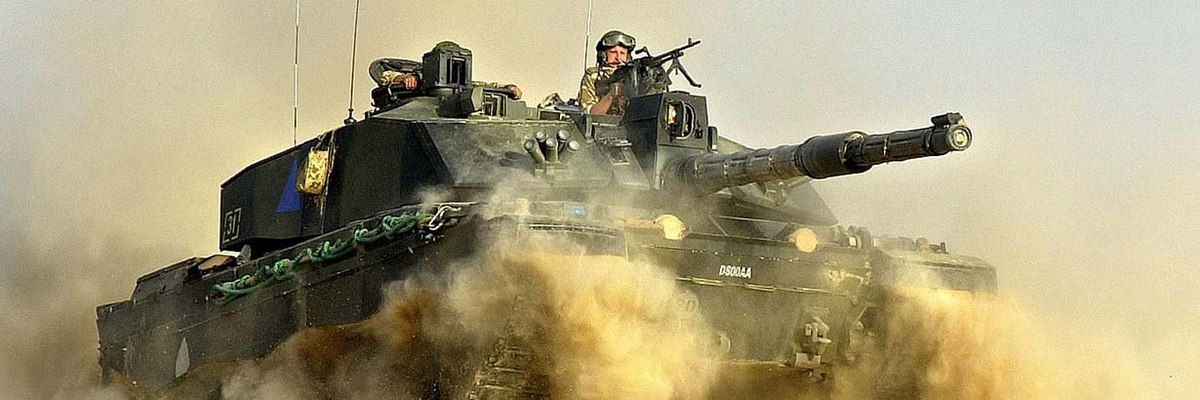While most Britons favour NATO including new countries in Europe, half think the expansion of the alliance has contributed to worsening relations between the West and Russia
When the Soviet Union fell apart in 1991, along with the dissolution of its military alliance, the Warsaw Pact, NATO had 16 member states. The 1990s saw two waves of post-Cold War enlargement, where former countries of the Eastern Bloc joined the alliance. Currently, NATO has 32 member countries, with Sweden and Finland being the most recent joiners.
The ongoing war in Ukraine has launched a debate on whether NATO should continue its expansion or not.
New YouGov research finds that three-quarters (76%) of Britons support more European countries joining NATO, while 6% oppose the idea.
Those older than 40 are notably more in favour of NATO further expanding into Europe, compared to the younger generations: 84% versus 64%. It should be noted that notably more younger people answered this question with don’t know (26%), compared to the older generations (12%).
Among those in favour of expansion, nine out of ten would support Ireland (92%), Austria (89%) and Switzerland (88%) joining NATO.
Support wanes significantly when it comes to countries which do not fall in the geographical or political West. Around six in ten would support Bosnia and Herzegovina (59%), Moldova (57%) and Georgia (57%) joining NATO, while half (50%) of Britons would support Serbia’s accession.
When it comes to Ukraine – which is currently at war with Russia – eight in ten Britons (80%) would be in favour of the country’s accession to NATO, while 6% would oppose it and 14% are not sure.
Should Russia join NATO?
After the Cold War Russia and NATO entered talks and concluded a treaty which limited the number of conventional armed forces in Europe. During the 1990s, despite tensions, NATO and Russia were opening more cooperation channels and in 2001 the country’s leader Vladimir Putin even suggested for Russia to join NATO, but relations deteriorated later on.
The UK was initially supportive of closer ties between NATO and Russia. In recent years, however, Russia and the UK have accused each other of hostile acts, with relations particularly deteriorating following the invasion of Ukraine and Britain taking one of the leading roles in supporting the county.
YouGov asked the public whether they would support Russia joining NATO.
Our results show that today – as the war in Ukraine continues - 14% of Britons would be open to Russia ever joining NATO, while 71% are against. Those who voted Labour in 2019 are more likely than those who backed the Conservatives to support the idea of Russia joining NATO one day (17% versus 10%).
While many Britons support European countries joining NATO, the idea is significantly less popular when it comes to non-European countries, ranging from 16% to 36% for the examples we asked about.
Notably, a third of Britons would support the Philippines (36%), India (35%), Brazil (34%) and South Africa (34%) becoming a member of NATO, while only 22% would support Israel joining, and just 16% approve of opening NATO membership to China.
In an effort to bolster ties with the West, in April Argentina formally asked to join NATO. The results from our study show that three in ten Britons (31%) would support Argentina’s bid, but 29% said the country should not join NATO.
The impact of NATO expansion on Russia and peace in Europe
The impact of NATO expansion on relations with Russia is a point of contention. Russia has sent warnings to the West over the expansion of NATO as early as 2007. When announcing the invasion of Ukraine in 2022, Russia’s President Vladimir Putin referenced “the expansion of NATO to the east… closer to Russian borders” as one of the main issues. NATO has continuously dismissed these claims, saying that the alliance “does not seek confrontation and poses no threat to Russia”.
Our study finds that around half of Britons (52%) think that Eastern European countries joining NATO generally worsened relations between the West and Russia. The view is most prevalent among those 60 and older, where nearly six in ten (57%) think this.
One in five (18%) say that NATO expansion eastwards had no impact on the relations with Russia while a quarter (24%) said they don’t know.
Nevertheless, only 15% of Britons say the NATO inclusion of Eastern European countries has increased the likelihood of war taking place on the continent. Four in ten (39%) think the opposite and one in five (20%) say they don’t know.








